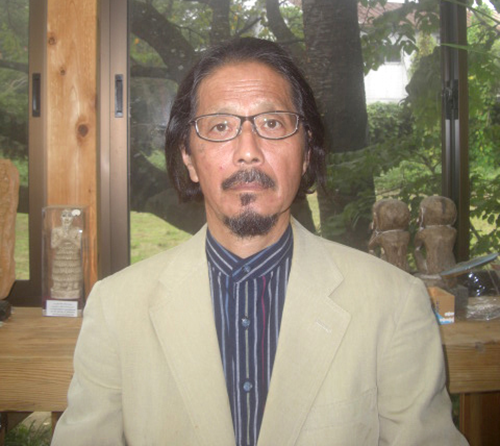Third-party opinion
Last year, I described the report as conveying a strong will for change under volatile, uncertain, complex, and ambiguous (VUCA) conditions. This year, we set forth a roadmap for how we will fulfill our will. According to sociologist Bob Johansen of the Institute for the Future, “A leader is someone who correctly understands the intrinsic value of forecasting and transforms the VUCA of threat into the VUCA of hopeful opportunity (Vision, Understanding, Clarity, Agility) through a loop of Foresight, Insight, and Action”. This positive interpretation of VUCA can be seen throughout the message from the President and in the comments of the directors in the dialogue. I expect that these will be reflected in the revised medium-term business plan.
As symbolized by the title “ESG Management to Achieve Our Vision,” (FY2021: J-Oil Mills’ Businesses and ESG Management), the progress of ESG management was carefully reported with a focus on materiality, and their seriousness about ESG management became even clearer. In addition, much progress has been made on each of the individual ESG issues.
Some of the points that stood out to me include the progress in disclosures in response to TCFD’s recommendations and establishment of a zero plastic waste target by 2030 under Environment, formulation of a Soybean Procurement Policy, membership in RTRS, and disclosure in line with ISO 30414 (website) under Social, and incorporation of ESG indicators into individual targets for executives under Governance.
Moreover, the detailed ESG data (website) is also impressive. Looking ahead, I expect that more individual events and data will be disclosed to clarify the progress in depth of ESG management, and I believe there are three points to keep in mind when providing this information. The first point is to not only follow guidelines, but also to be mindful of disclosing important matters in J-Oil Mills’ business environment in a unique manner. The second point is that the disclosure items should be chosen for their consistency with management strategy and management issues, and how they tie into value creation or impairment. The “connectivity of information” section of the Integrated Reporting Framework’s Guiding Principles states that “an integrated report should show a holistic picture of the combination, interrelatedness and dependencies between the factors that affect the organization’s ability to create value over time.” The third point is to maintain the perspective of converting non-financial information into financial information. In the past few years, companies have started estimating how their ESG initiatives and investments will affect their finances over a certain time horizon.
Finally, as a company that relies heavily on natural capital, I would like J-Oil Mills to take great interest in the Task Force on Nature-Related Financial Disclosures (TNFD), which is currently under development. The final recommendations are scheduled to be published in September 2023, but the beta version (V0.1) has already been published, so I hope that J-Oil Mills can start preparing to comply with the recommendations.


 Website (in Japanese only)
Website (in Japanese only)